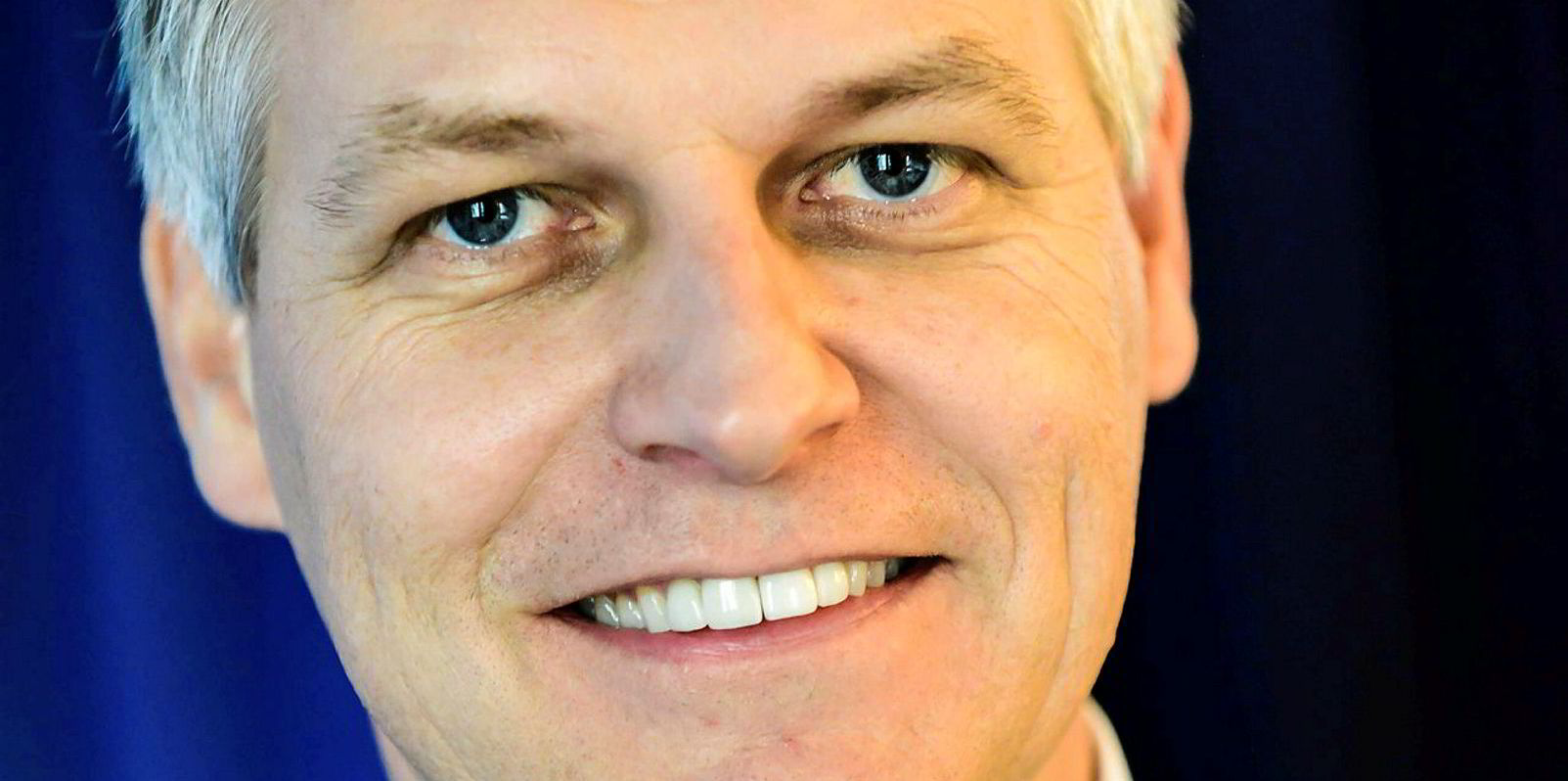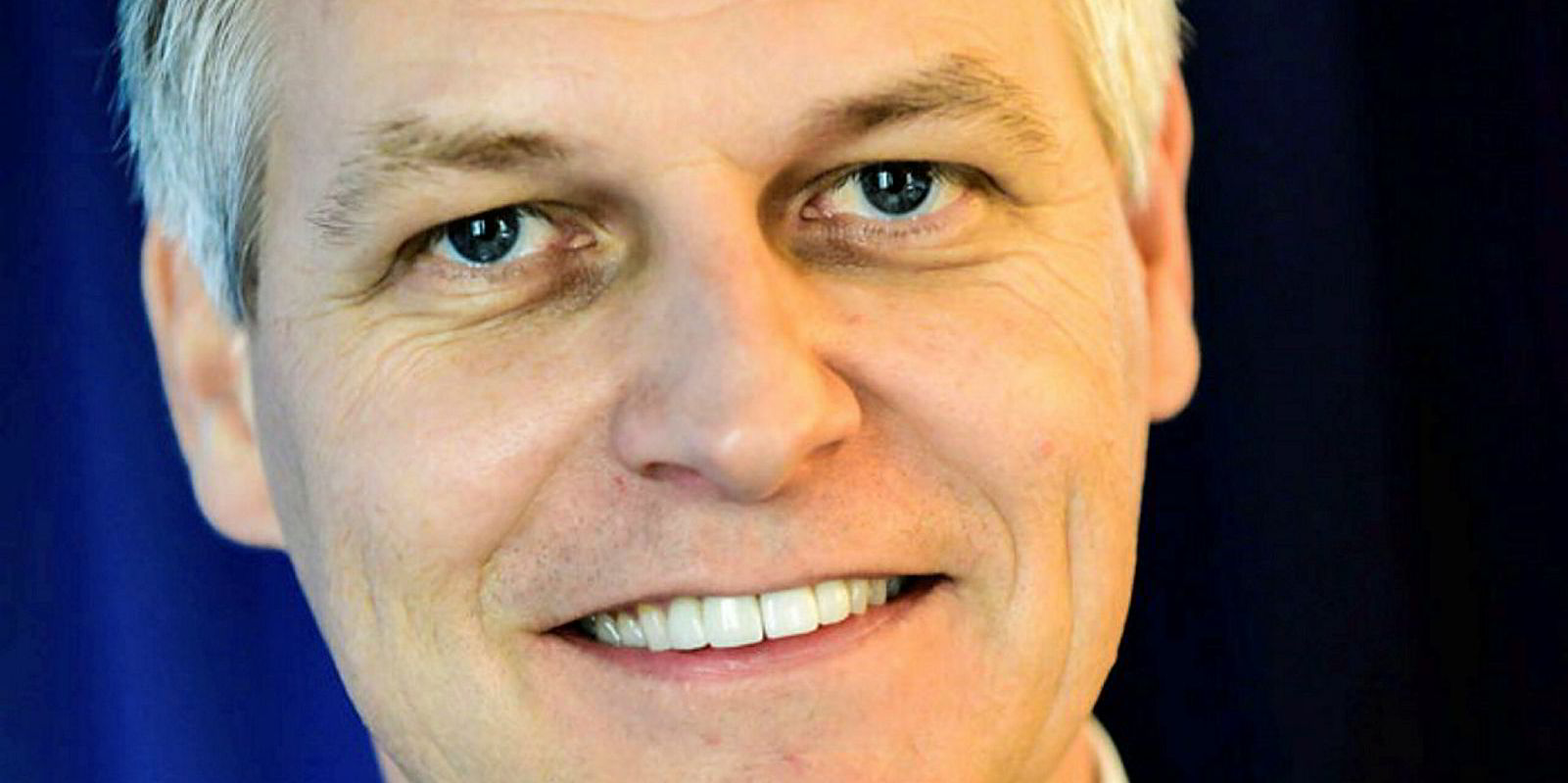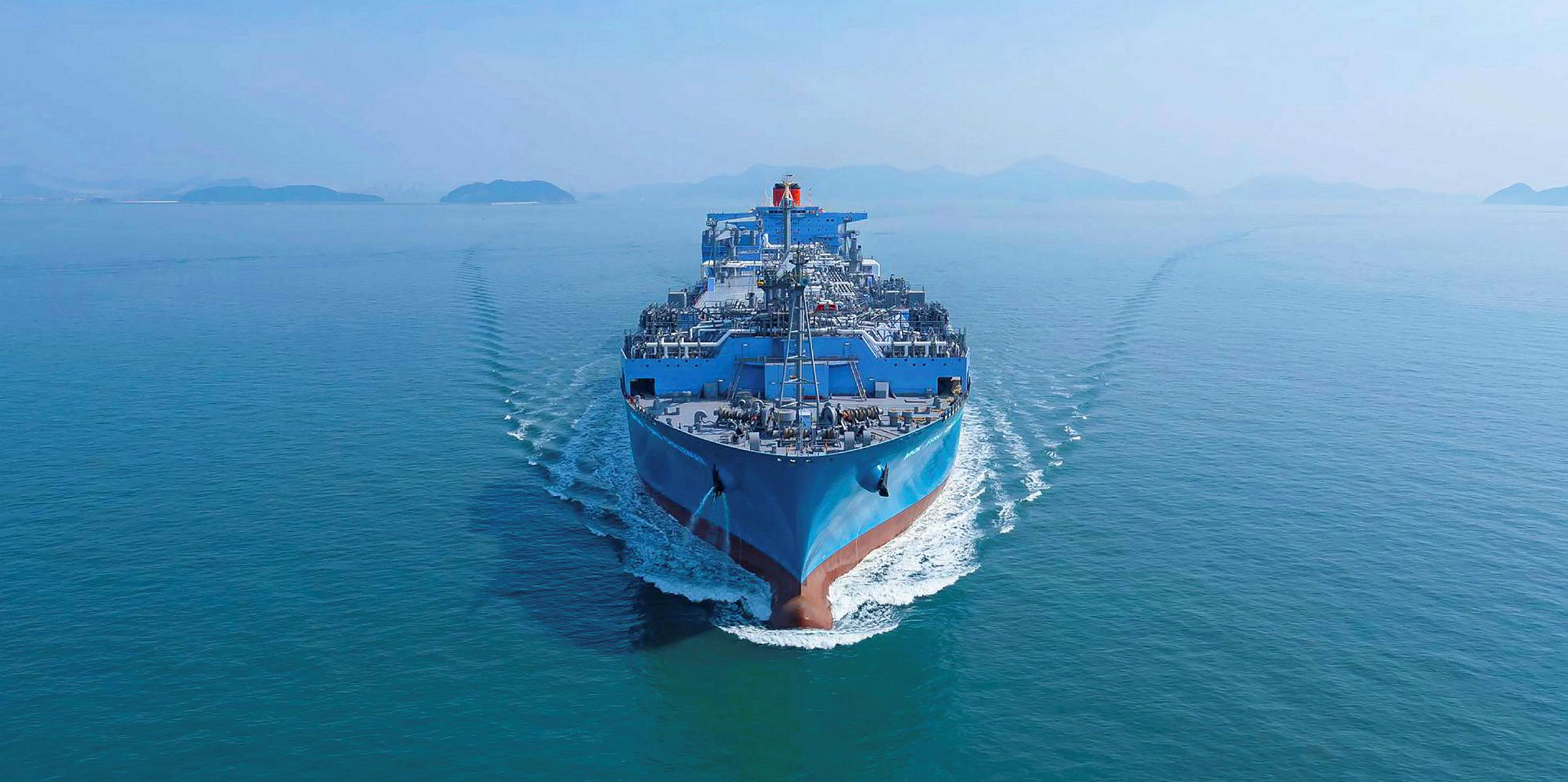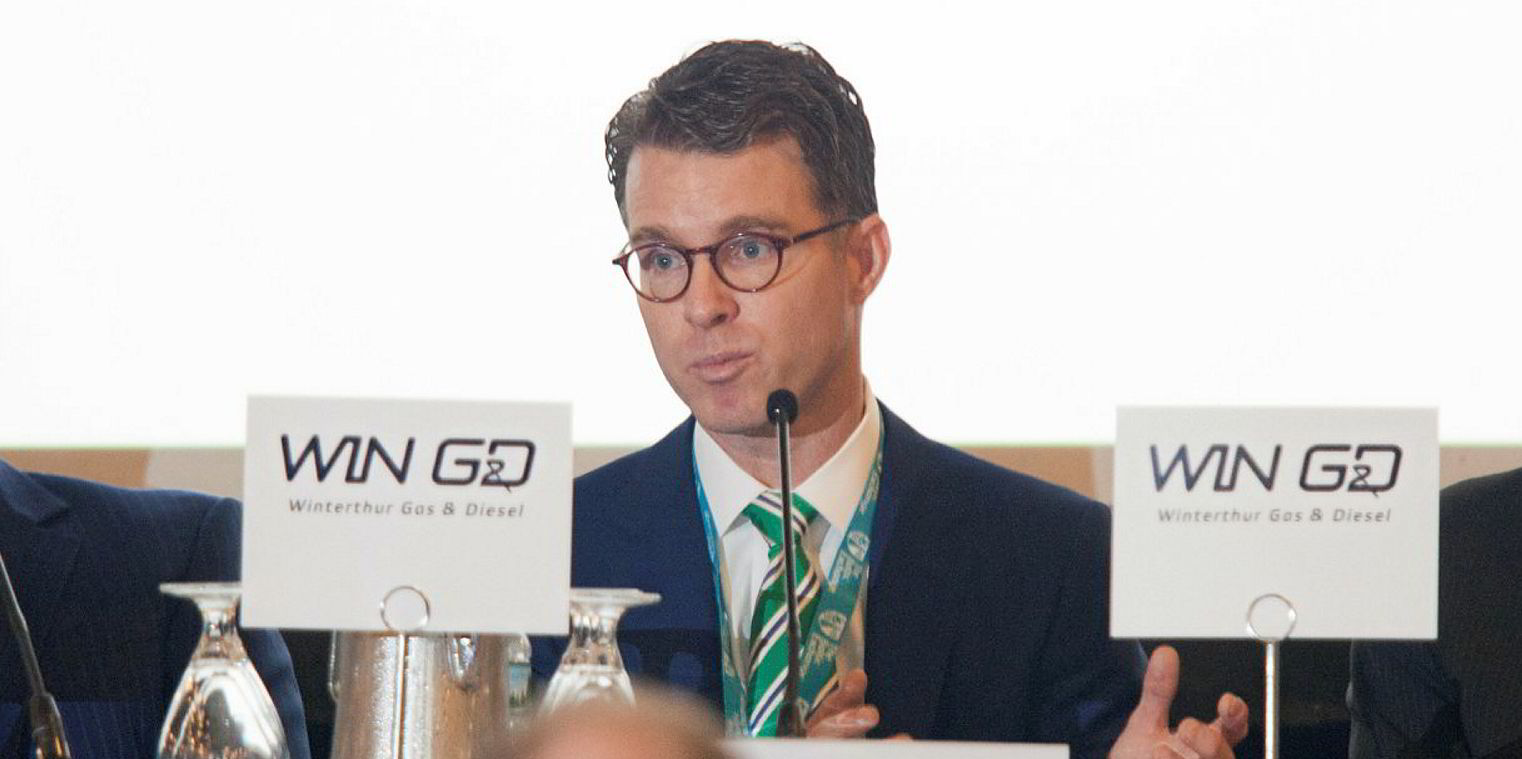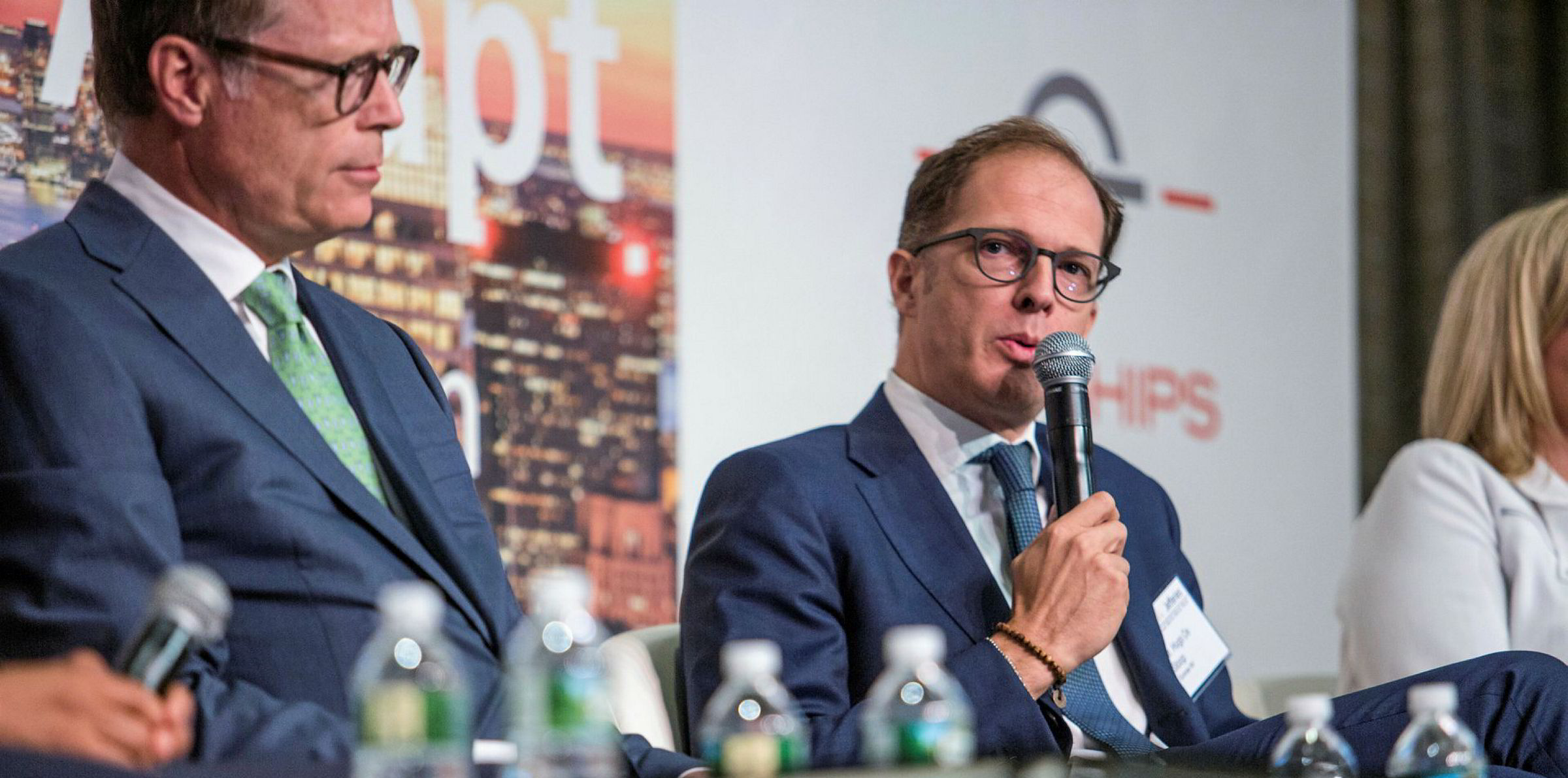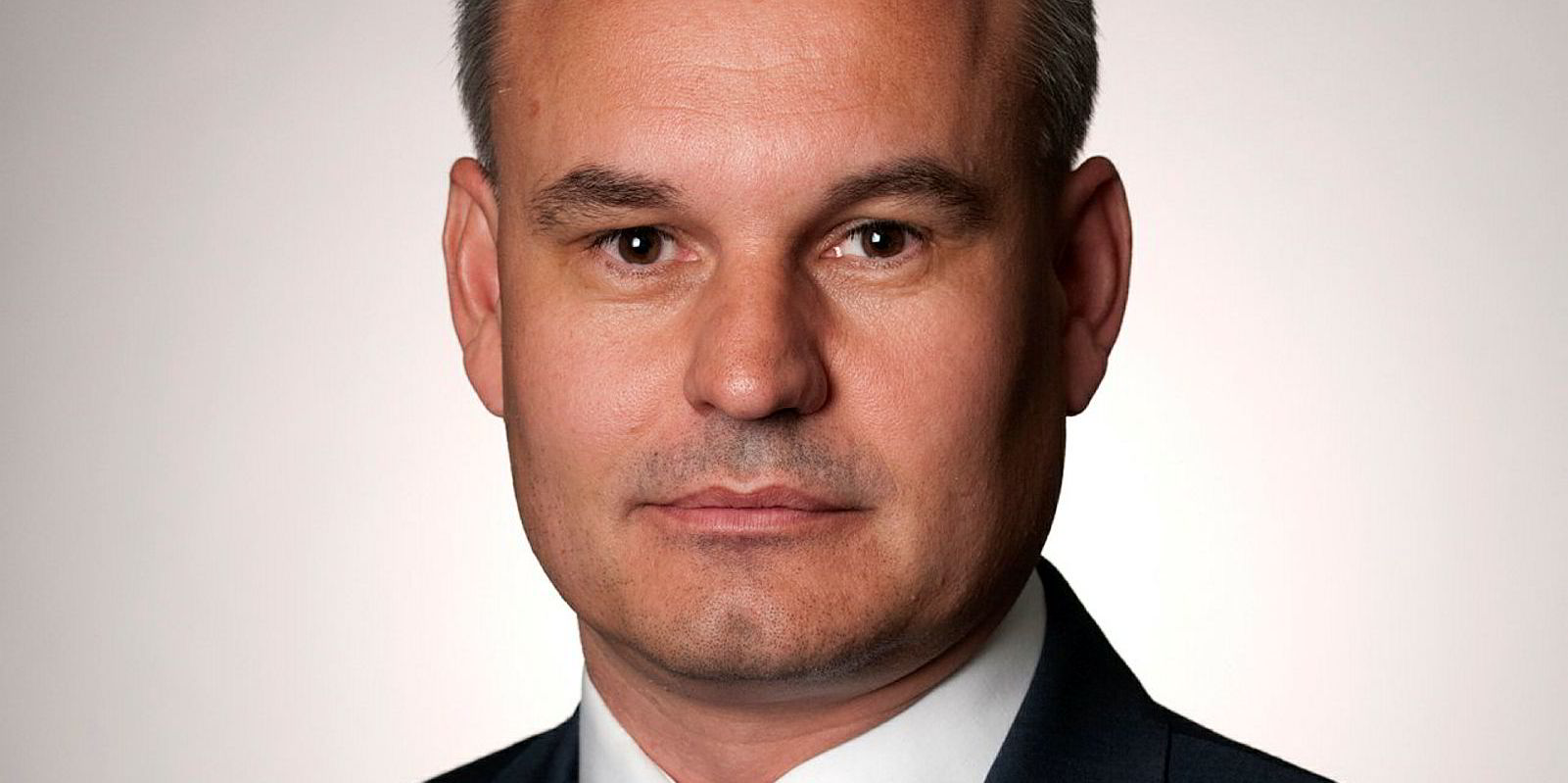Teekay Tankers has taken advantage of the strong tanker rates to tie-up nine of its ships in charters ranging from six months to two years in length.
The New York-listed owner has fixed five suezmaxes for one-year each at an average rate of $45,600 per day, a suezmax for six months at $52,500 per day and three aframaxes for one to two years at an average rate of $26,750 per day.
Teekay said it has now secured time charters for 13 of its vessels since October 2019, securing $170m of fixed forward revenues.
News of these latest period fixtures came as the company reported its “highest quarterly adjusted profit” in more than 10 years.
The suezmax and aframax tanker specialist, the conventional tanker spin-off of Vancouver-headquartered energy shipping giant Teekay Corp, said adjusted net income came in at $110m, or $3.27 per share, for the first quarter.
Going by generally accepted accounting principles, the company’s net income rose to $107m from $12.4m in the same period of 2019. Total revenues grew to $342m from $238m.
“While Covid-19 is having an unprecedented impact on the world and is clearly a major focus for us, we are fortunate to be in a position where our financial results are stronger so far in 2020 and we have had minimal impacts on our operations due to the pandemic,” said president and chief executive Kevin Mackay.
“We have continued to execute on our strategic priorities, taking advantage of the strong spot tanker market over the last couple of months and opportunistically securing time charter-out contracts,” Mackay said in an earnings report released on Thursday.
Teekay said the latest charters had helped reduce its free cash flow breakeven to approximately $10,500 per day through the first quarter of 2021.
“Our low breakeven rate is expected to enable us to create shareholder value in almost any market which is important given the current market uncertainty for the second half of 2020,” said Mackay.
Volatile market conditions
Like its peers, Teekay has been enjoying healthy spot tanker earnings for most of this year.
In the first quarter, its suezmax fleet recorded average daily vessel earnings of $49,100, aframax recorded $34,400, and LR2 $34,500 in spot trade.
The company’s suezmaxes have achieved daily earnings of $52,100 for 69% of the second quarter, aframaxes achieved $33,200 for 64%, and LR2s $34,300 for 58%.
In a conference call, Mackay said crude tanker rates would remain supported by port congestion and floating storage demand in the near term.
But he added: “Rates have come off from the extraordinary highs seen during April. We expect forward rates during the remaining balance of the second quarter to be at a lower level than those booked.”
“Given the unprecedented impact of the Covid-19 in the world’s economy, it’s extremely difficult to predict with any certainty how oil fundamentals will develop in the medium term, and how this will exactly impact tanker demand in the coming months.”
“At some point in the second half of this year, a period of oil inventory destocking is likely to occur. This may weigh negatively on tanker demand.”
Tankers on the sales block
The first quarter also saw Teekay reduce its net debt by around $200m to 730m, on the back of strong cash flows from vessel earnings and cash proceeds from vessel sales.
As part of its deleveraging efforts, Teekay has sold three 2003-built and one 2004-built suezmaxes for $78m since late-2019.
Further looking, the CEO said more tonnage could be sold if the right offers emerged.
“I think our S&P strategy will continue to be opportunistic and depends on pricing…We don't have a set plan that we've got to get rid of, you know, five more or three more,” Mackay said.
While refraining from naming any candidates for sales, Mackay suggested potential buyers had stronger appetite for old vessels.
“It doesn't seem to be any appetite for anything younger than 12 years old. So it may be that we get offers on the older ships more than the younger ship,” he added.
Teekay’s cash position improved by $115m over the first quarter to $203m on 31 March. Its total debt decreased by $64m to $960m.
“Management's focus during the past few quarters has been on repaying debt and reducing leverage overall, which is clearly well underway,” Clarksons Platou Securities’ analyst Omar Nokta commented.
